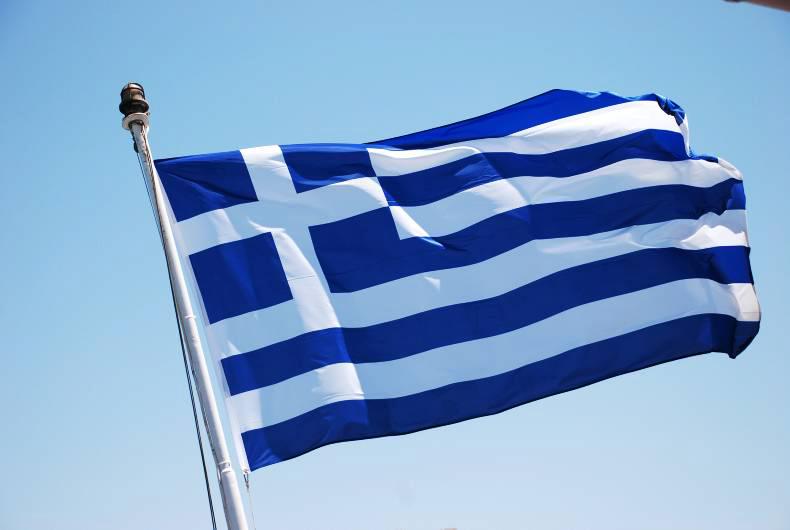The crisis in Greece needs to be seen in the context of both history and geography.
Greece is a Balkan country. The level of economic development in Southeastern Europe is well below the norm in the more prosperous north and west of the continent. Incomes per head in the Balkan countries vary, but most are about half of the figures in France, Britain or Scandinavia.
Five countries in the region are members of the EU, Bulgaria, Romania and Greece, along with the former Yugoslav states of Croatia and Slovenia. That leaves six Balkan countries outside the EU, all of them aspiring to join. These are Albania, Bosnia, Serbia, Macedonia, Montenegro and Kosovo.
Just two of the EU’s five Balkan members are also formally in the euro, Europe’s troubled common currency. These are Slovenia, the most northerly component of the former Yugoslavia bordering Italy and Austria, and Greece, at the southern end of the Balkan peninsula, whose possible exit from the eurozone has dominated the headlines for weeks. Slovenia has had its problems, including a banking crisis, but this small country of 1.5m has fitted, with what looks like relief, back into the European political system. It was once part of the Austro-Hungarian empire, is the least ‘‘Balkan’’ of the countries in the region and managed to keep out of the wars following the collapse of Yugoslavia in the 1990s.
Greece has not been so lucky. It emerged from military rule as recently as 1974, has endured serious economic mismanagement for decades, has no land borders with any other EU country and is culturally distinct. It has troubled relations with its immediate neighbours, Albania and Macedonia, and is in permanent disagreement with Turkey over divided Cyprus.
Greece sided with fellow-Orthodox Serbia in the post-Yugoslav conflicts to the intense annoyance of its EU partners and has historic affinities with Russia, currently not popular with European leaders either.
Greece arguably should never have joined the euro, or should never have been admitted by the founding members. It could have been excluded on the grounds that it did not really meet the qualifying rules on debt and deficits without some creative accounting, but several of the founding members had fiddled the figures too.
When the Greek balloon went up in early 2010 the fateful and, for Greece, tragic decision was taken to provide €110bn in fresh external loans from the EU and IMF without any haircuts for the foolish financiers of the Greek bubble. These loans to the Greek Treasury were conditional on a tight budget policy, which deflated an already sinking Greek economy. Five years later, the ‘‘rescue’’ programme is in ruins.
The referendum on Sunday could result in approval of the latest creditor terms and the fall of the government, which has recommended a No vote, or in rejection, which some European politicians have asserted will result in Greece leaving the euro. However, there is no simple mechanism for a country to leave, or be expelled from, the single currency.
Mechanism
There is of course a mechanism for a bank crash – the ECB can simply decline to act as lender-of-last-resort to the Greek banking system. In effect, it has already done so, which is why the Greek banks are closed.
After a No vote, the government could issue some form of IOU (a new Drachma) to pay wages and pensions and it would rapidly trade at a discount to the euro. But it is not clear that the rest of the Greek economy would promptly ‘‘leave the euro’’. Elsewhere in the Balkans, neither Montenegro nor Kosovo have any domestic currency at all, they just use the euro.
Several Latin American countries use the US dollar in the same way. Even Balkan countries which retain their own currencies have financial systems dominated by the euro. In Croatia, about 80% of both assets and liabilities in the banking system are denominated in euros and the situation is much the same in Serbia.
One economist in Croatia explained to me the role of the Kuna, the Croatian currency, as follows: ‘‘We use Kuna to buy newspapers and cigarettes’. All serious transactions are in euro. It is unlikely that Greece would be able to establish a functioning and convertible currency after a No vote on Sunday. No government can establish a new currency if nobody wishes to hold it longer than it takes to spend the money or convert into something of more durable value. Thus, there would be no easy bonus to Greece from an effective currency devaluation.
What will certainly happen after a No vote is the collapse of the banking system, unable to reopen without a liquidity source in euros. The irresponsibility of the Greek government has been matched by the incompetence of the European response.









SHARING OPTIONS